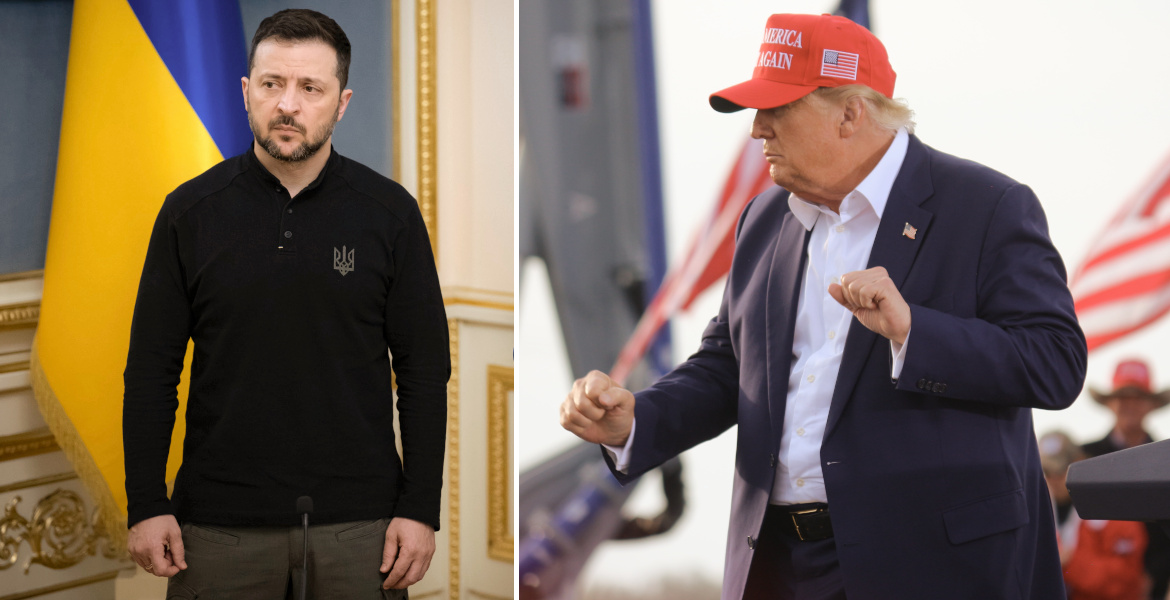Georgia’s National Intelligence Service confirms that it has launched an investigation into an alleged plot by “former high officials” to “violently overthrow” the government and assassinate Bidzina Ivanishvili, honorary chairman of the ruling Georgian Dream party.
While details are scarce, at least six people have reportedly been summoned for questioning, and local media report links to Ukraine. Georgians living in Ukraine have also been accused of plotting a coup against the government in Tbilisi.
“The aim of the criminal activities is to violently overthrow the state government by destructive forces in the midst of creating unrest in the country and weakening the government”, a statement said.
“Active investigations and operative-search measures are underway in which specific persons are sent to the investigative body for questioning”, it added, according to Al Jazeera.
The statement accused “former high officials” of being behind the plot, and local media reported links to Ukraine. In the past, unnamed Georgians living in Ukraine have also been accused of plotting a coup.
The Georgian government has good relations with Moscow and Bidzina Ivanishvili, who has been identified as the main target of the coup plotters and is the country’s richest man. He founded the ruling party in 2012, served as prime minister between 2012 and 2013, and is still believed to have considerable influence over the party.
Limiting “foreign influence”
The allegations of a planned coup come shortly after Georgia introduced a law to limit “foreign influence” over the country – requiring media outlets, NGOs and other non-profit groups to register as “pursuing the interests of a foreign power” if they receive more than 20% of their funding from abroad.
The government says the law is necessary to curb malicious foreign actors seeking to destabilize the country in various ways – but its critics say it is instead aimed at limiting independent media coverage and debate ahead of parliamentary elections later this fall.
Opponents have dubbed it the “Russian law” because it resembles in many ways recent measures pushed by the Kremlin to counter what they say are influence campaigns by media and organizations serving foreign interests.







